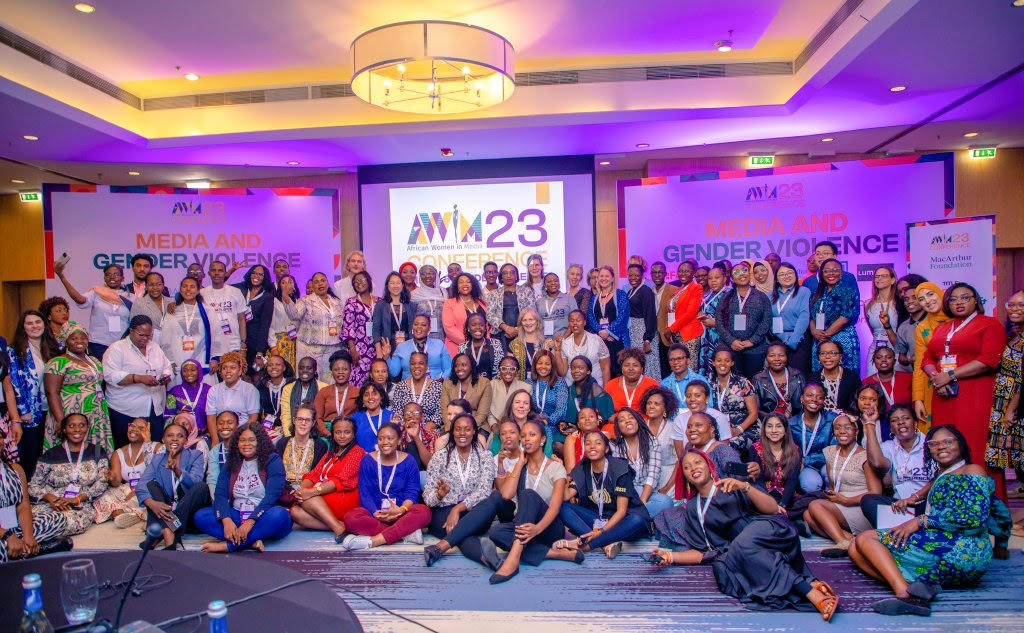THE African Women in Media Conference (AWiM23), which took place on 1 December, adopted the Kigali Declaration on the Elimination of Gender-Based Violence ((GBV) in and through media.
The declaration addresses GBV in news media content and media organisations across the African continent.
It highlights the influential role of the media in shaping public perceptions of GBV, and emphasises the need for minimum measures to be implemented by various stakeholders in the media sector.
Sarah Macharia, the chair of the Kigali Declaration committee and representative of the Global Media Monitoring Project (GMMP-WACC), said according to findings from the GMMP, only 1% of stories across all news platforms in Africa cover this pervasive form of human rights violation.
“Findings from the Global Media Monitoring Project indicate that GBV, the most pervasive form of human rights violation, is hardly newsworthy. In Africa, just 1% of stories cover this topic across all news platforms. The declaration marks a milestone for concerted commitment to change the picture.” Macharia said.
The Kigali Declaration, she believes, signifies a collective commitment to changing this alarming narrative.
The declaration recognises the powerful role of African media in shaping narratives and public knowledge about various forms of GBV.
It calls for urgent principles to guide media coverage of GBV and to combat violence experienced by media staff in the line of duty.
Yemisi Akinbobola, the co-founder and chief executive of African Women in Media, emphasised the transformative nature of the declaration, stating that it sets a minimum standard for all stakeholders in the media sector.
“The declaration is an action plan that sets a minimum standard for all stakeholders that impacts how media functions concerning African women and how GBV is discussed in the media. The declaration is on a dedicated website, and individuals, organisations, associations, regulators, platforms and all stakeholders can become signatories to the declaration,” Akinbobola said.
Furthermore, the declaration includes a grant-making component aimed at supporting individuals and organisations in executing related projects.
Fojo Media Institute has taken a proactive step by pledging US$5 000 to initiate this effort.
Research conducted by Fojo Media Institute and AWiM revealed the alarming extent to which sexual harassment and gendered discrimination affect women in the media sector.
Agneta Soderberg Jacobson, senior gender adviser at Fojo Media Institute, expressed concern over women journalists contemplating leaving or having left the media sector due to sexual harassment. She emphasized that the Kigali Declaration has the potential to instigate positive change, fostering a more ethical and balanced approach to reporting on gender-based violence.
“…The fact that women journalists consider leaving or have left the media sector because of sexual harassment is unacceptable. The Kigali Declaration has the potential to change the situation for the better and to contribute to more ethical and balanced reporting on GBV” Jacobson said.
Stay informed with The Namibian – your source for credible journalism. Get in-depth reporting and opinions for
only N$85 a month. Invest in journalism, invest in democracy –
Subscribe Now!






